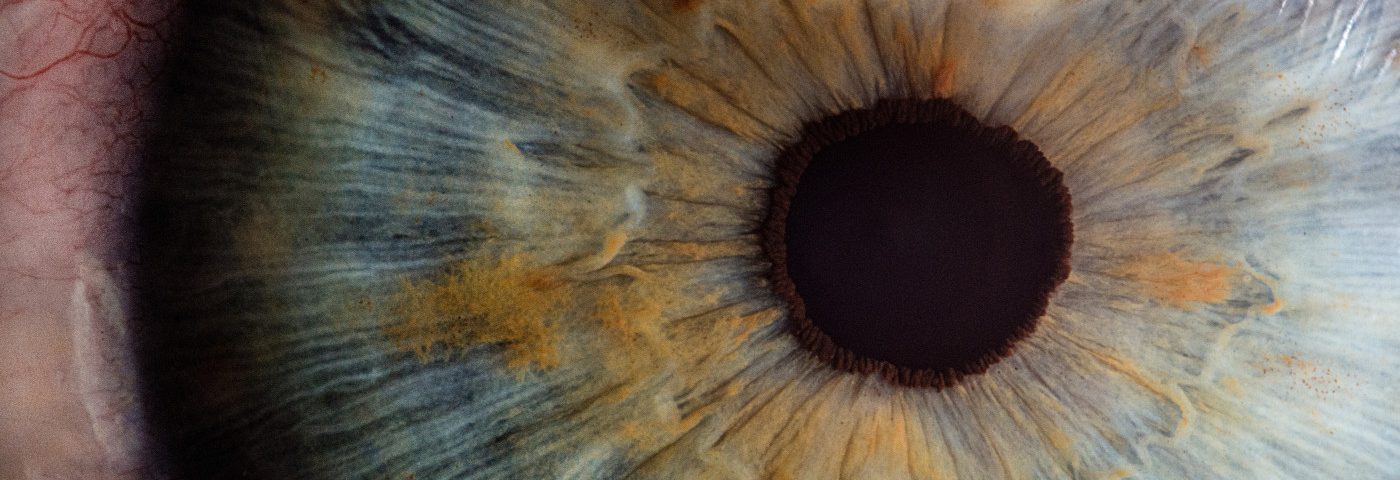Nerve growth factor eye drop treatments offer some of the best therapeutic improvements for neurotrophic keratitis (NK), with the lowest rate of recurrences and side effects across all stages of the disease, a review study found.
The benefits of amniotic membrane transplantation, bandage contact lenses, and tarsorraphy (a surgery in which the eyelids are partially sewn together) vary with disease progression, and these are not ideal for every stage of NK, the researchers said. They also cautioned that more studies are needed to understand the complete impact of NGF eye drops.
The review, “Neurotrophic keratopathy: Pros and cons of current treatments,” was published in The Ocular Surface.
NK is a rare, degenerative eye disorder in which the nerves serving the cornea fail to function properly. This causes the cornea to break down, which can lead to infection.
The disease can be classified, according to the severity of degeneration, into three overlapping stages. Stage 1 is defined by epithelial alterations, stage 2 by persistent epithelial defects (PEDs), and stage 3 by corneal ulcers. Persistent epithelial defects occur when damage to the cornea’s epithelium fails to heal within two weeks.
The researchers said they reviewed all peer-reviewed randomized clinical trials, case series, and case reports published between 1980 and 2019 on neurotrophic keratitis to “summarize and compare the efficacy and safety of available treatment options for patients with NK.”
Amniotic membrane transplantation (AMT) — which consists on applying a piece of amniotic membrane to the surface of the eye— has long been an approved treatment for stages 2 and 3 NK. The authors argued that it is best used in emergency cases only, because it has a low rate of resolution (complete healing), and lacks the ability to fully resolve, or heal, a case of NK. Furthermore, because AMT is a surgical procedure, it can result in complications such as compromised corneal transparency and patient visual rehabilitation. The authors suggested that it is best for late stage 3 NK cases.
RGTA, or ReGeneraTing Agents, are agents that replace heparin sulfate molecules destroyed during NK disease progression. This helps to maintain a healthy extracellular matrix of the eye, which is vital to the structural integrity and overall health of the eyes.
The review found that RGTA was associated with low resolution rates, a higher risk of disease recurrence, and the need for additional surgeries. Because the researchers could find no evidence that RGTA improved corneal sensitivity, the main symptom of NK, they recommended only using it in addition to other therapies during the acute phase of the disease.
Autologous serum eyedrops, which are drops made from the patient’s own blood serum, offer the advantages of being naturally non-allergenic and more closely approximating natural tears than many other compositions.
However, the literature review revealed that none of these had been tested in a randomized clinical trial and that some have shown a high risk of disease recurrence and of contamination, both for patients and healthcare professionals.
Autologous serum eyedrops have also proven effective at resolving NK within a timeframe comparable to AMT and to recombinant humanized nerve growth factor (rhNGF).
Nerve growth factor is an essential molecule that plays a key role during development and adulthood, ensuring the maintenance and functional characteristic of several populations of nerve cells as well as immune cells. It helps to maintain and heal corneal nerves.
Oxervate (cenegermin) is a topical nerve growth factor solution approved by the U.S. Food and Drug Administration (FDA) in 2018 for the treatment for neurotrophic keratitis.
Two new therapies developed for NK treatment are thymosin beta 4 (Tbeta4) and the association of substance P and insulin-like growth factor 1 (IGF-1).
Tbeta 4 is a molecule that promotes cell migration, blood vessel formation and cell survival; Substance P is a small protein (peptide) that transmits pain signals; and IGF-1 is a hormone that promotes tissue and bone growth.
Although these treatments showed a fairly fast healing time — 9.9 days — and a healing rate of 79.5%, they have so far only been tested in 69 NK patients with early-stage disease.
Bandage contact lenses are widely adopted medical devices for the treatment of NK. These are designed to protect an injured cornea from the mechanical rubbing of the blinking eyelids, therefore allowing it to heal.
Their safety and efficacy are being tested in ongoing clinical trials (NCT03206723 and NCT04159714). The report found that many patients using bandage contact lenses, as well as lubricating eye drops, required additional therapies for “recurrences of epithelial alterations.”
Tarsorraphy, a surgical procedure in which the eyelids are partially sewn together to narrow the eyelid opening and protect the cornea, was found to help manage NK only in acute emergencies. The review concluded that it did not resolve cases of NK, nor did it “drastically impact patients’ vision, personal and social life.”
The authors concluded that rhNGF is the only treatment proven effective through two randomized, controlled clinical trials, “improving epithelial healing, corneal transparency and corneal sensitivity restoration, with rare recurrences and no significant side effects.”
A key limitation to using NGF eyedrops is the cost factor, which limits its availability to only certain regions.
Moreover, additional studies are necessary to “better understand the impact of NGF eye drops in avoiding multiple interventions, reducing the costs, and critically improving patients’ quality of life,” the researchers said.
Although the review is the first to comprehensively compare all NK current treatments, the authors said they could not perform a full statistical analysis because of the differences in how the data used was collected.

